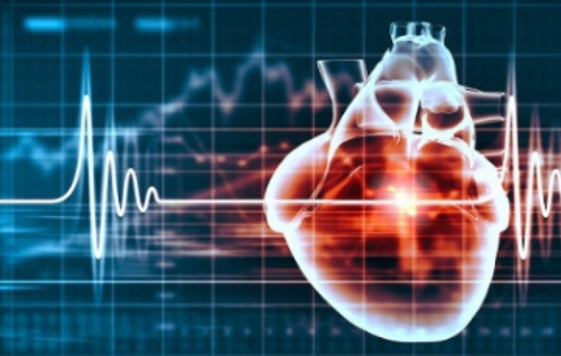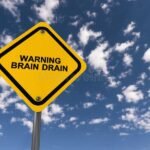Anxiety, addiction and other mental disorders are characteristics that scientists commonly call a state of intense arousal: a rapid heartbeat, elevated blood pressure readings, short breaths, and “wrong” decisions. To understand how these conditions affect the brain’s decision-making processes, scientists at Mount Sinai Medical University analyzed data from early studies of non-human primates.
They found that two decision-making centres in the brain contain nerve cells that can specifically monitor the body’s internal dynamics. It also seems that some decision neurons are reconnecting one of the very aroused states by changing the internal state monitor.
“Our findings suggest that the brain’s decision-making circuits are likely connected to constantly monitor and integrate what’s happening in the body. Thus, changes in arousal levels can alter the way these circuits work,” said Peter Rudebeck, Ph.D., a professor at the Nash Family Neuroscience and Brain Institute and lead author of the study (Science). We hope it will help us better understand the brain regions that will follow and the underlying cellular processes.
For years, scientists have described the relationship between arousal and decision-making performance as a “U-shaped curve.” Basically, just like the post-drinking experience, getting up a little can produce the best performance. However, if you have too much or too little arousal, your brain is more likely to be slow or make wrong decisions.
Preliminary results from this study support this idea. Researchers analyzed data from early experiments that tested their ability to determine whether to receive two types of compensation for rhesus monkeys. Dr. Rudebeck conducted these experiments while working as a postdoctoral fellow at the National Institute of Mental Health. As expected, monkeys always choose to drink more juice. On average, they lower this decision more quickly, in favour of the idea that wakefulness encourages better execution.
Read also: Study reveals existing drugs that kill SARS-CoV-2 in cells
Next, researchers analyzed electrical activity recorded in neurons at the decision centre of the brain, called the orbitofrontal cortex and the dorsal anterior cingulate cortex. They found that about one-sixth of the neuronal activity in each region correlates with heart rate variability. That is, when an animal’s heart rate changes, cell activity also changes faster or slower. This activity was found to be unaffected by the various compensation decisions that monkeys receive. On the other hand, it was found that the activity of cells remaining in each region is mainly involved in the decision-making process.
Brain scan studies suggest that arousal in the body alters the activity of these decision-making centres. Our results support this idea at the cellular level, and that some unique tasks of these neurons may be able to track internal or receptive states in the body. “It’s suggesting that it is,” said Dr. Fujimoto said. “The next question we have is, found in patients suffering from anxiety, addiction, and other psychiatric disorders, what can happen between the heightened types of arousal states?
To answer the question, the researchers analyzed data obtained after the amygdala, the brain’s emotional centre, was surgically released in each animal. This caused heart rates to rise by up to 15 beats/minute. Currently, in this state of high arousal, the selection of rewards slows down as much as the animal’s heart beats faster. This suggests that the higher arousal of the animal blocks the actual decision-making process.
When the team looked at neural activity, they found something more interesting. Increased arousal states have been shown to alter the role played by neurons during decision making. In both brain centres, the researchers saw evidence of a decrease in the number of neurons involved in decision-making processes.
Also, in the anterior cingulate cortex, there was a slight increase in the number of neurons that seemed to be tracking internal states. This was awakened by neural signals for decision-making, which changed the balance of information appearing in this realm as if it had been “abducted.”
“Although not conclusive, our results suggest that the elevation of arousal state is lowered and that it controls the brain’s decision-making circuits,” said Dr. Rudebeck. “We decided to study how arousal affects higher-order brain function and how it contributes to mental disorders.”
By: Peace Chigozie























































